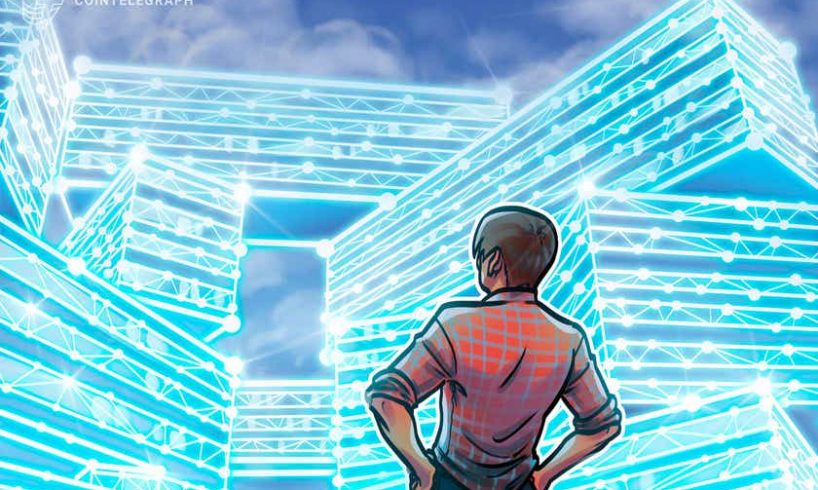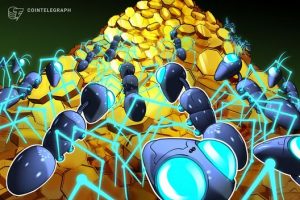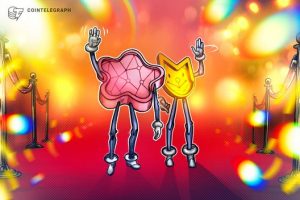
Web3 is hailed as a technology paradigm that is fueled by the creator economy and is in the future, or rather, the next evolution of the internet. As we draw evolutionary comparisons of the technology that underpinned everything from information consumption to content creation, Web2 contributed an unparalleled economic growth and represented a significant era in human evolution with new ways to work, consumer information and progress in human civilization. So with this enormous success of Web2, why is there a need for Web3?
As we rethink the internet, which relies primarily on a few centralized entities that have devices, channels of information that feeds the social media, mobile apps and provides connectivity points between service providers and seekers of these services, the control over these channels provides the custodian of this infrastructure not only monopolistic control but also a “too big to fail” economic choke point. So rethinking the internet, which was designed primarily to move information and morphed into moving value and truth, is a fundamental shift in empowering creators and participants and not just the custodians on the infrastructure.
The drivers that fueled this disruptive thinking were excessive valuation and control of Web2 companies, censorship enforcement by the existing control of information channels and the rapid dissemination of information, which was a force for good as in knowledge transfer but is now weaponized with the velocity and veracity of information and the dissemination of bias, mistrust and misinformation — making it difficult to discern between signal and noise. These drivers indicate not only the dawn of a new era but also the creative nature of the human species to rethink, redesign and renew, shaping the next era of our evolution.
Related: What the hell is Web3 anyway?
Web3 imperatives
So how do we envision this new paradigm taking shape? As Web3 aims at theorizing that the internet takes another step to be self-sufficient — leading to a whole new set of…
..






